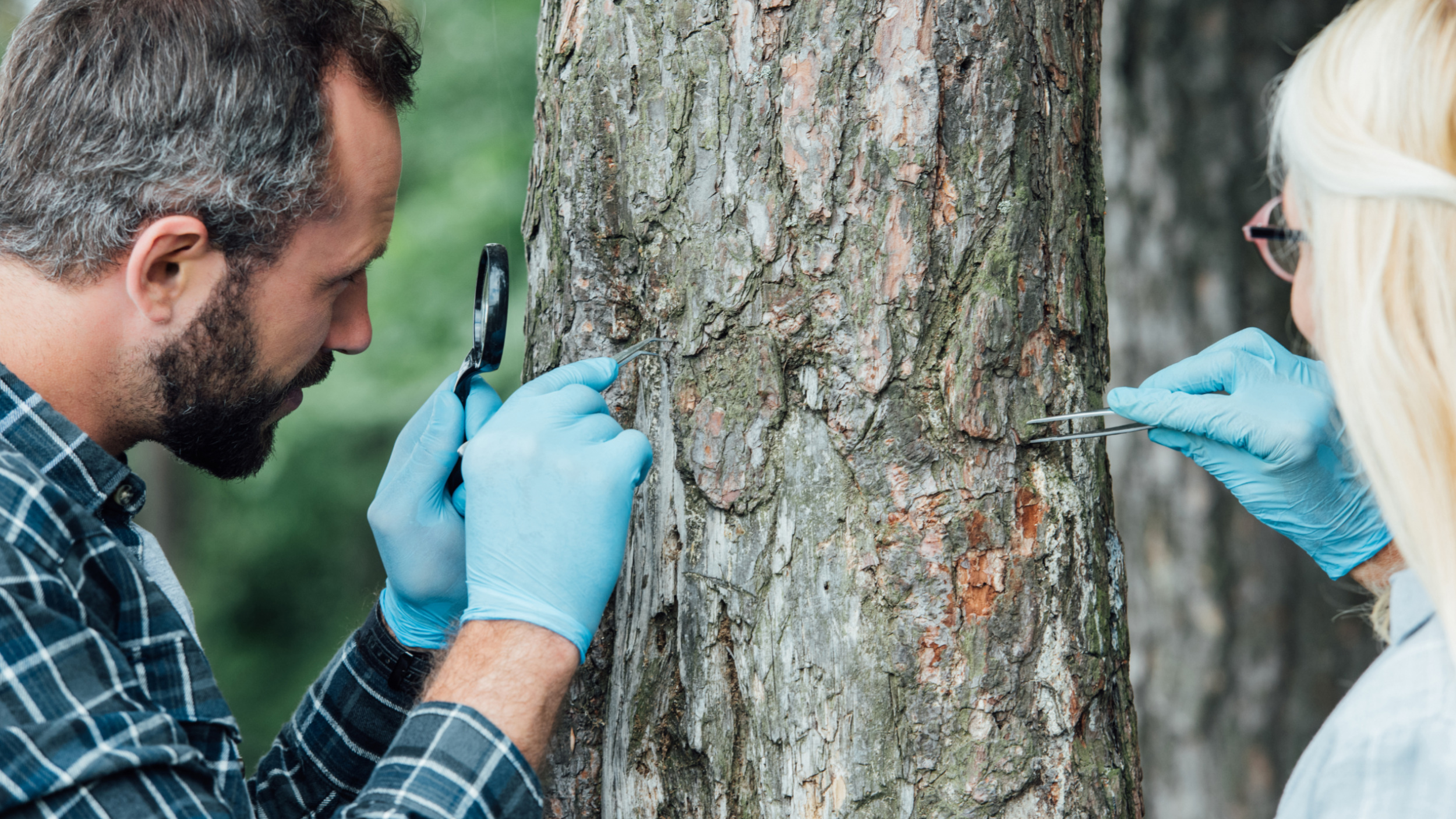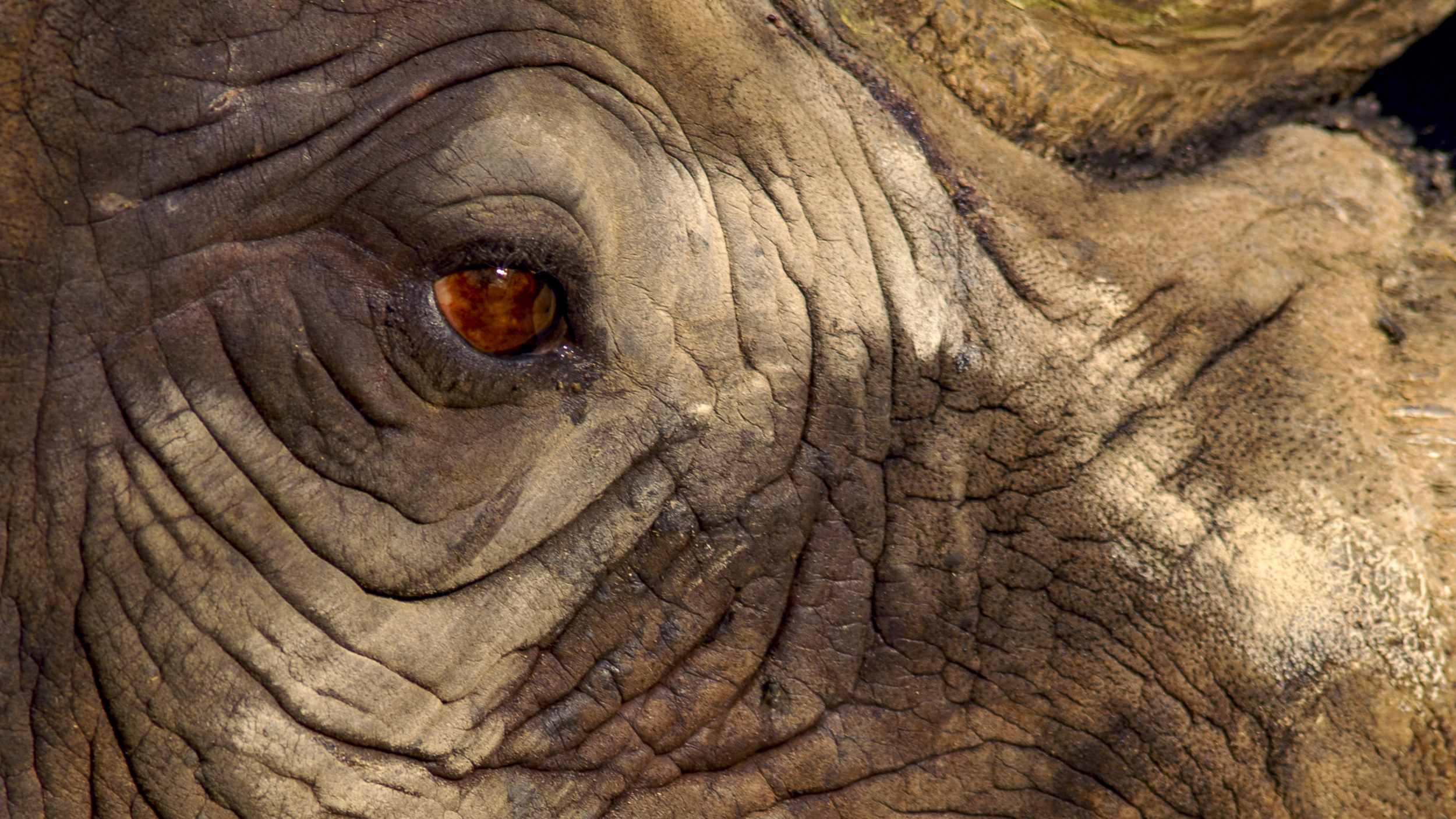Beyond The Clinic: The Veterinarian’s Role In Wildlife, Welfare And One Health
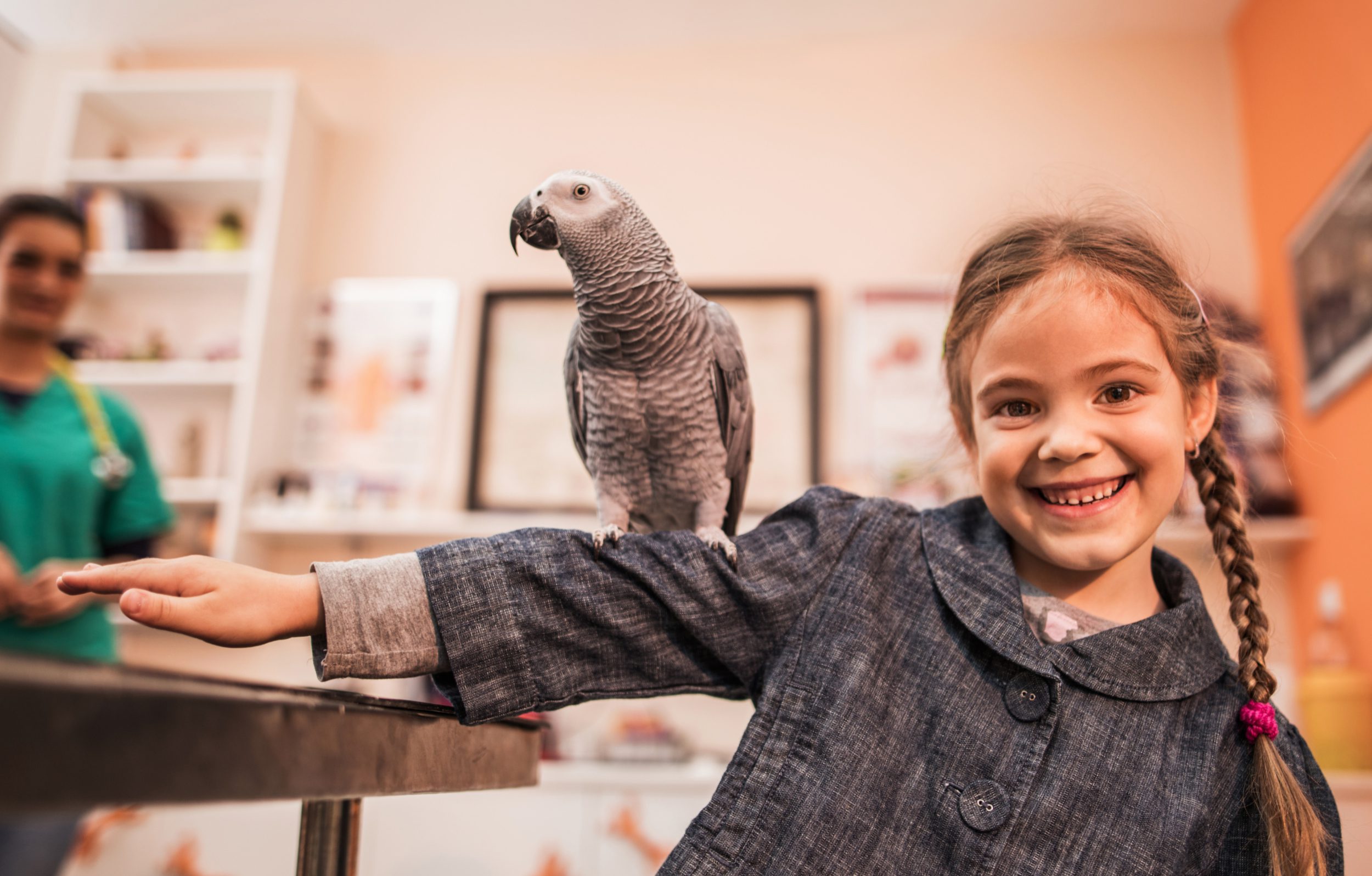
If any profession should have the loudest voice on issues of animal welfare and species conservation, it’s the veterinary profession. We are the ones who in many cases take an oath to care for animals, who dedicate our lives to their wellbeing. But are we, as a profession, truly living...
Reality Check CITES@50 – CITES Admits It Is Too Impoverished To Cope

Two tragic things happened in the last month and taken together they highlight the lack of courage global conservation organisations and academics have shown in both exposing, and trying to fix, the structural weaknesses of the system that regulates the global, industrial trade in over 40,000 endangered and exotic species....
Introducing Conservation To Copernicus

Photo by Rafael Ishkhanyan on Unsplash
The CITES, which came into force in July 1975, was born out of a set of assumptions and a geopolitical prospective that reflect the 1960s. As the world changed drastically from the late 1970s CITES didn’t, the articles of the convention have stayed the...
The Age Of The Superfake

A key part of the marketing strategy of luxury apparel and accessories is that there is a “story behind” the item you buy, “it has a history”. Well, the story and history behind the luxury trade that uses endangered and exotic species as raw materials for bags, shoes, jackets, and...
New Report: The Exotic Pet Trade – An Unnecessary Luxury In Need Of Regulation
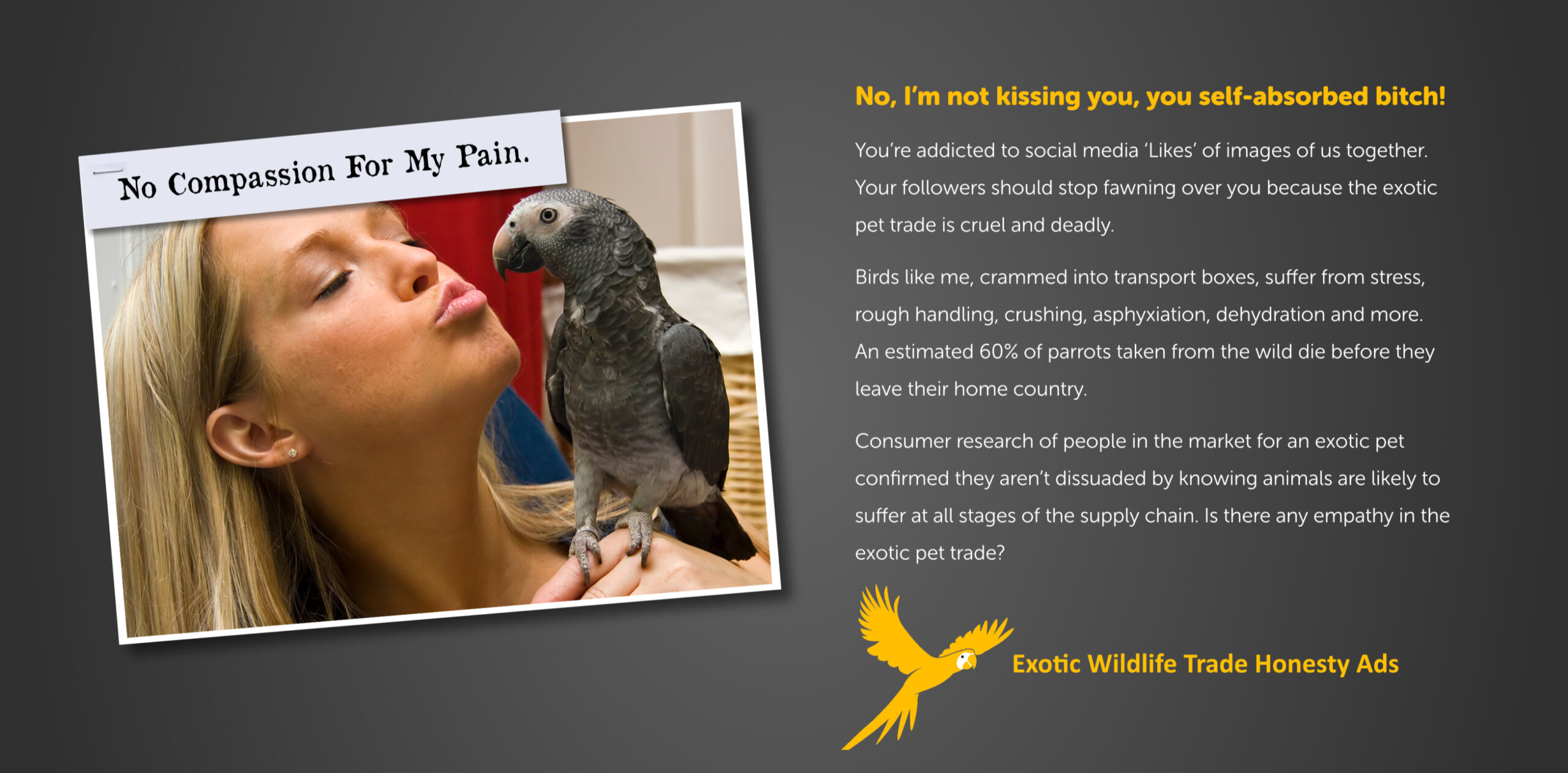
It seems like barely a day goes by without at least one article, somewhere in the world, highlighting the problems associated with the exotic pet trade (EPT). Live animals seized at airports, population decline of species popular in the trade, social media’s role, the torture of animals for followers, the...
The Future Of The Exotic Pet Trade
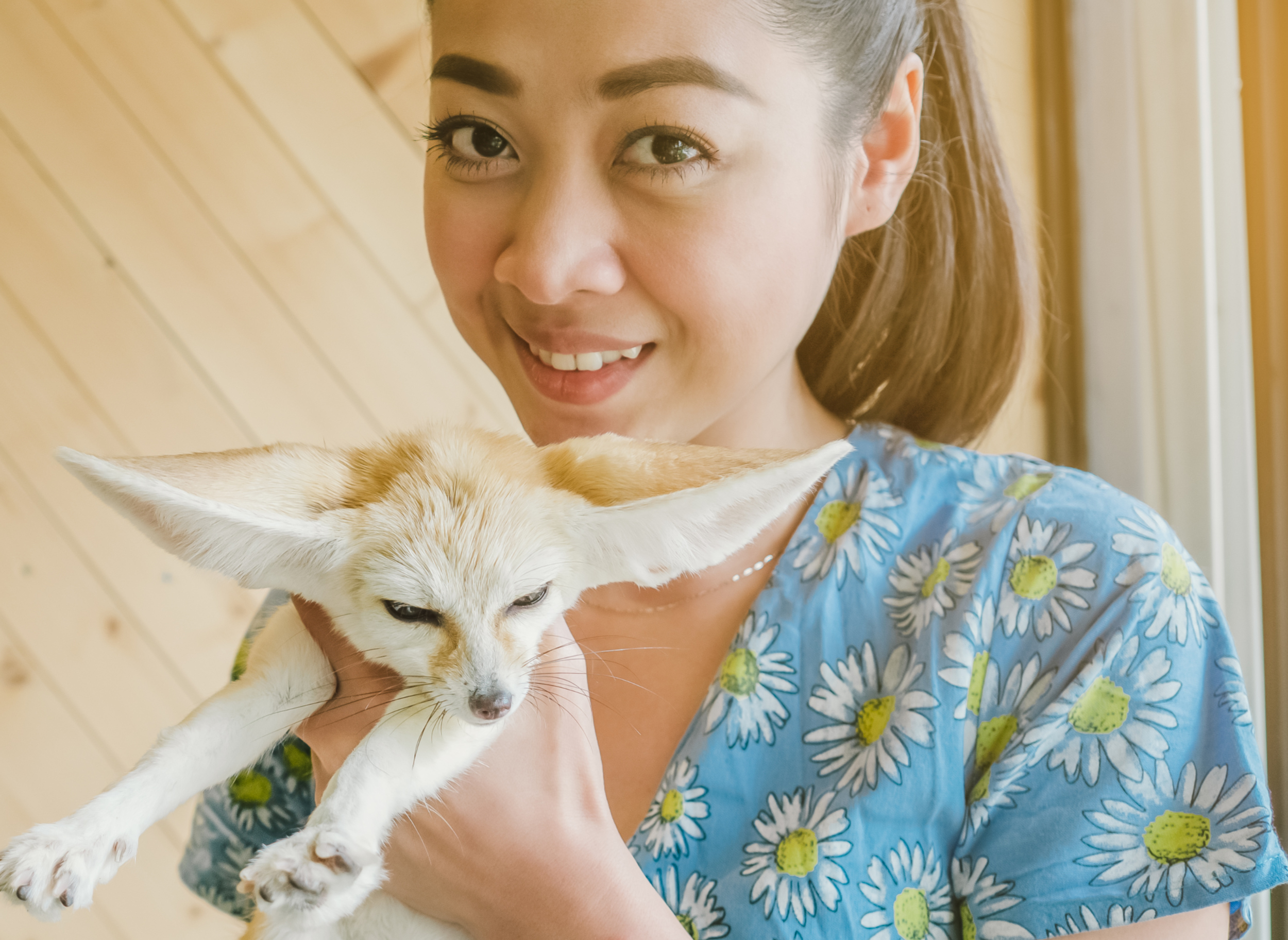
During 2023 and 2024, as I undertook a deep dive into the exotic pet trade (EPT), little did I know where this would lead. Over this timeframe, I wrote a series of articles for Nature Needs More:
Petted To Death – Australia’s Little Known Contribution To The Extinction Crisis, Australia’s Exotic...
Demand Reduction Campaigns: Opportunities & Limitations
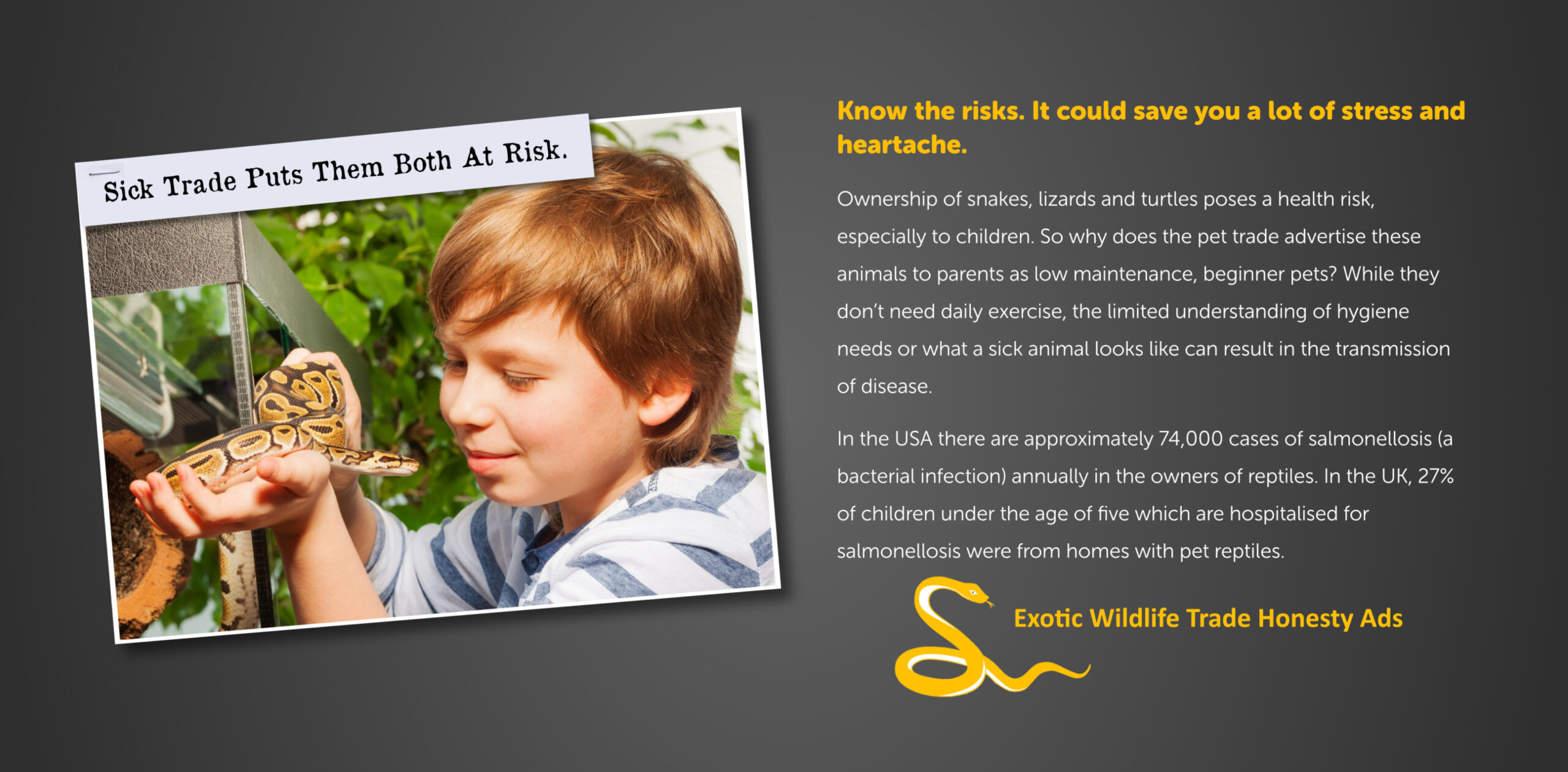
Over the years there have been examples of social behaviour change campaigns (SBCC) that have changed consumer purchasing decisions quickly. The most broadly recognisable are the anti-smoking campaigns. These graphic campaigns were mostly run on health anxiety, once the link between smoking and cancer had been firmly established both scientifically...
Europe’s Selling Out Of Wild Species Is A Wildlife Crime

The world has seen an exponential increase in the amount of data generated each day. This has happened because big data has the power to provide a competitive advantage in the globalised and hyper-competitive world of business. But this is only half the story.
While big data is big business,...
To Prove, Or Not To Prove, That Is The Question

In 2017, I wrote an article, Want To Know Why Conservation is Failing? Read On. In the article I quoted Vikram Mansharamani, a lecturer who teaches “students to use multiple perspectives in making tough decisions”. Mansharamani uses the analogy, if we think in terms of a forest, organisations around the...
One Hundred And Fifty Years Of Vandalism

In 1871, Ferdinand V. Hayden published the Hayden Geological Survey of the region that would become Yellowstone National Park. He warned that if the park wasn’t created, there were those who would come and "make merchandise of [its] beautiful specimens", continuing, "the vandals who are now waiting to enter into...
The Consequences Of No Consequences
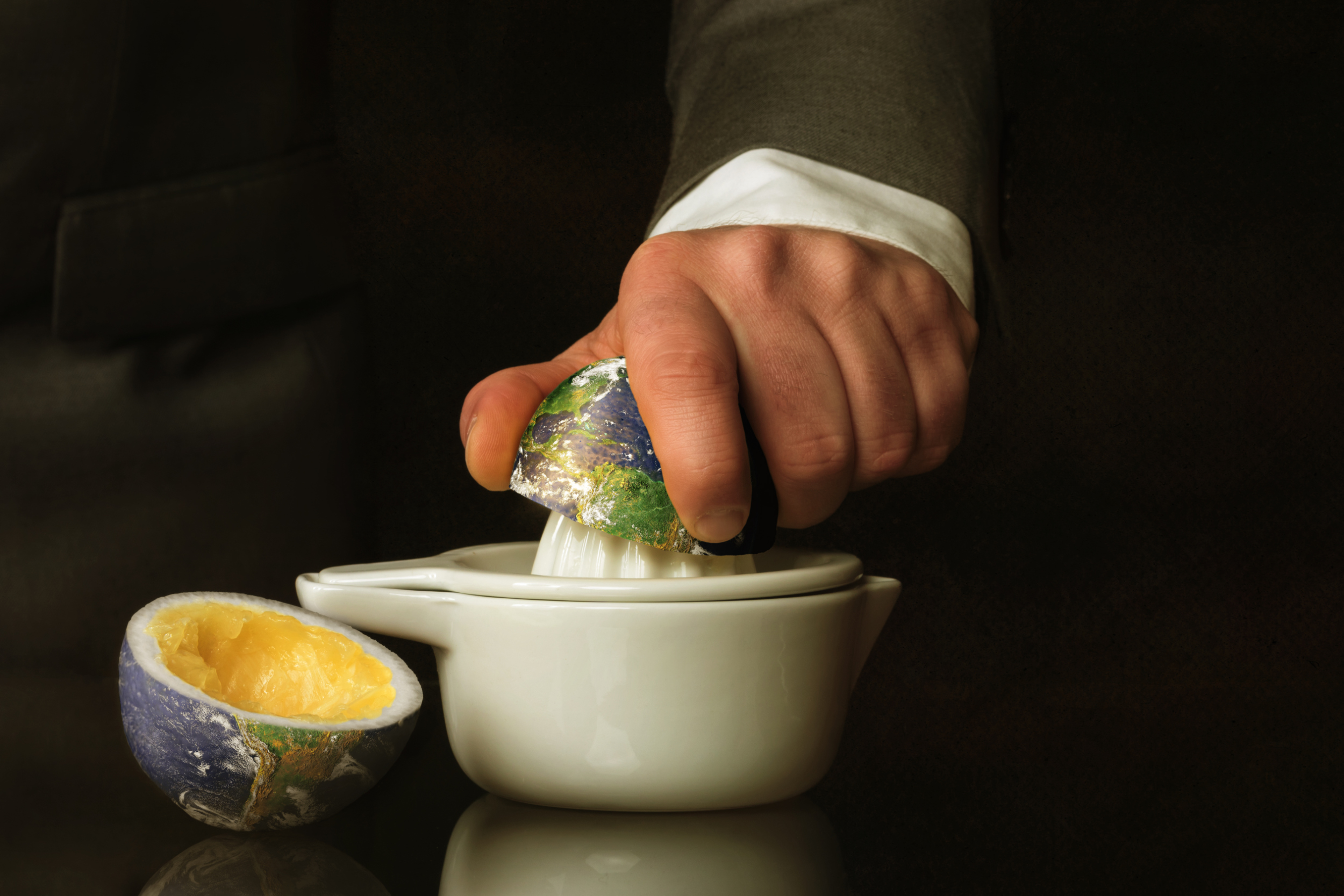
In an excellent article by Amy Westervelt for Drilled media, about New York Climate Week, Amy calls out the pattern of what can now be expected at the merry-go-round of events on the climate crisis, “the focus on positivity to the exclusion of anything else felt completely surreal and, if...
Breaking News: Research Confirms Growing Old Gives You Wrinkles
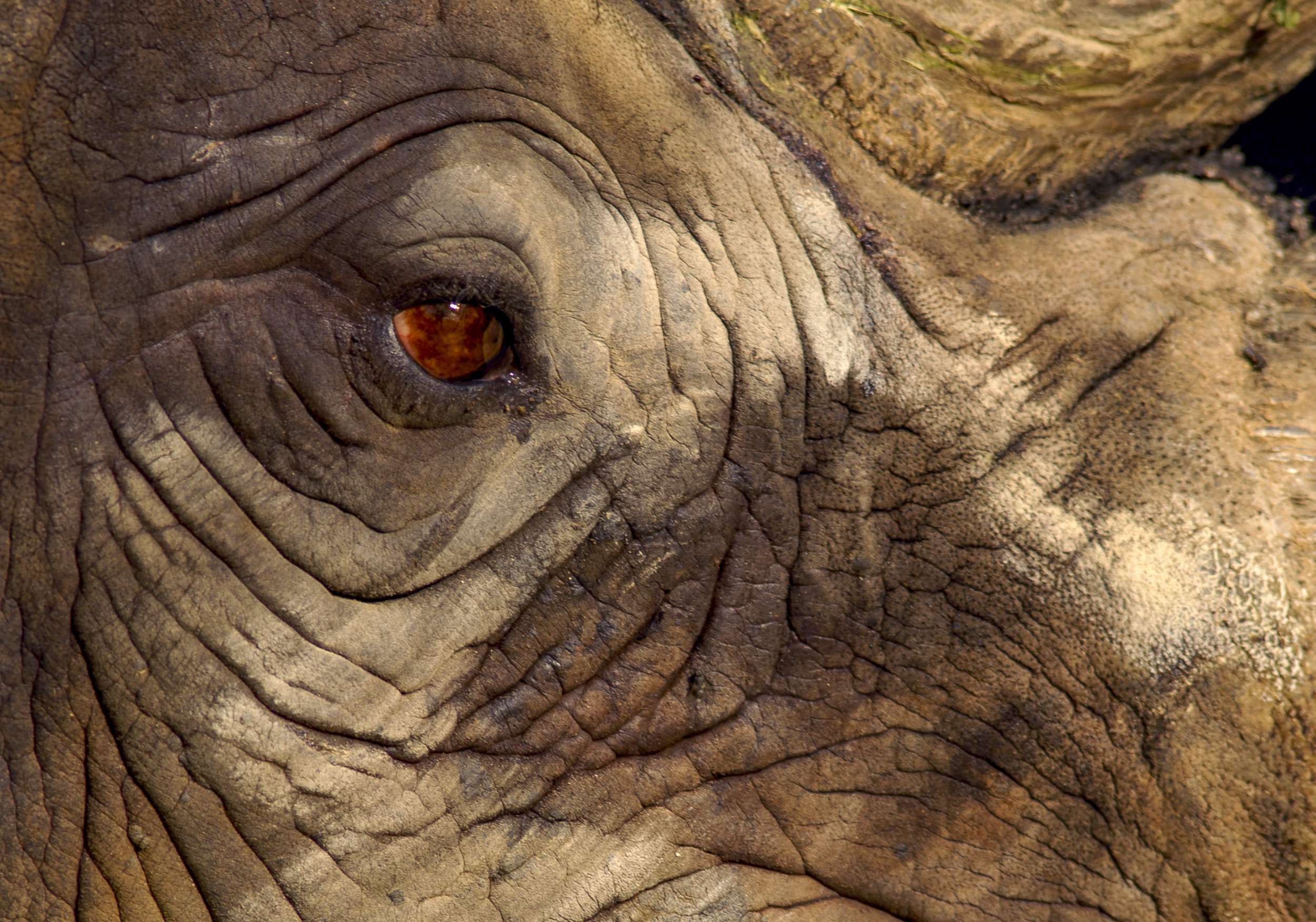
Having followed the rhino horn trade debate since 2012 and been actively involved in demand reduction campaigns between 2013 and 2019, I have been struggling about how to recognise World Rhino Day 2024, or even if indeed I would.
While Nature Needs More hasn’t completely shelved the idea of doing...









